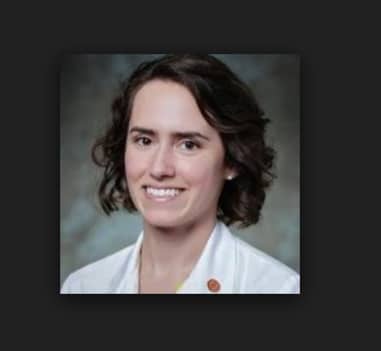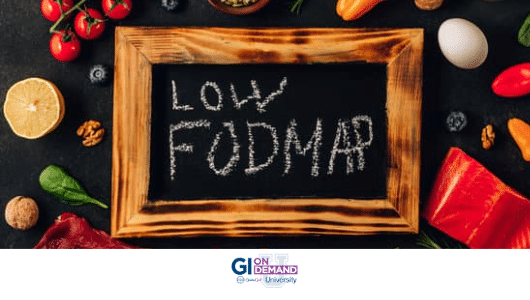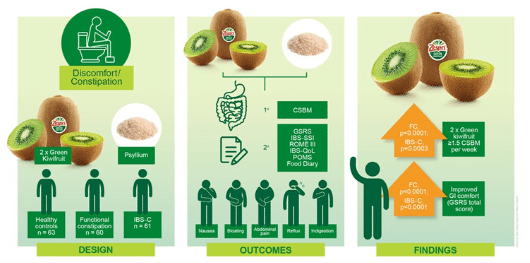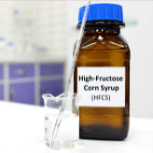From the Red Journal: Registered Dietitian Tests 30-Day Liquid Diet to Better Understand IBD Patient Experience
“How can I use diet to help my IBD?” is the number one question Kelly Issokson, MS, RD, CNSC, at the Division of Gastroenterology and Hepatology, Cedars-Sinai Medical Center in Los Angeles said she hears from her patients. Issokson who specializes in inflammatory bowel disease (IBD), underwent an exclusive enteral nutrition (EEN) trial for 30 days to gain insight into some of the challenges her patients face so that she could better support them through their EEN journeys. Kelly describes the physical and psychological effects of living exclusively on liquid formula for an extended period of time online in The American Journal of Gastroenterology and in the latest AJG podcast.
 Kelly Issokson, MS, RD, CNSC
Kelly Issokson, MS, RD, CNSC 
Since IBD pathogenesis is thought to involve an interplay between the environment, microbiome,
and an overactive immune system in a genetically susceptible individual (1), patients often seek natural ways to alter the environmental and microbial components that may be driving inflammation, Issokson explains in her article.
“One form of nutrition therapy for Crohn’s disease (CD) is exclusive enteral nutrition (EEN). EEN involves drinking a formula (polymeric, semi-elemental, or elemental) that provides 100% of nutrient needs for 4–12 weeks. EEN has been shown to induce remission in pediatric CD, and to a lesser extent in adult CD ( 2 ) (mainly due to a lower compliance rate).
Issokson said that increasing awareness of EEN among physicians was another reason she underwent the 30 day trial. “Despite positive results, EEN is rarely prescribed by physicians in the US due to “lack of familiarity, perceived poor acceptability, and/or lack of clear protocols (10).”
“Patients using EEN during active inflammation had remission rates equivalent to steroid therapy, but EEN has the added benefit of mucosal healing, sparing bone health, and providing nourishment ( 3 ). One study found improved quality of life, emotional, and social scores aft er remission induction with EEN ( 4 ). EEN is used as a primary therapy in pediatric CD in Japan and Europe, and is recommended in adults with CD when corticosteroids are not feasible ( 5–9 ). See full article for citations
5 Tips for Success For Those Considering EEN from Kelly Issokson, MS, RD, CNSC (and great information to share with your doctor)
1 . Establish clear expectations: Discuss the duration of therapy,time frames for remission, expected symptoms, and what to do in case of weight loss or lack of response to EEN—these are all key to shared decision making.
2. Provide support: A drastic diet change is scary and support can make the difference between EEN success and failure. Dietitians help support patients through their EEN and ensure they are getting enough nutrition for healing and weight maintenance.
3 . Be enthusiastic: Using EEN to induce remission is a low-risk and safe therapy that allows patients more control over their disease. This is cool!
4 . Celebrate achievements: Every day on EEN is an accomplishment. At the end of the EEN trial, splurge on something fun with all the money saved from not buying food.
5. Reintroduce food slowly: Remind your patients that solids require more digestive effort than liquids and the body needs time to acclimate. Lower-fiber and lower-fat foods may be tolerated best initially.
“Although it may not be appropriate for everyone with IBD, EEN is worth consideration,” Issokson said in the article. “And I feel it is critical that, when appropriate, we inform and encourage patients to undertake this efficacious complimentary IBD therapy.”
Read Kelly’s full article in The American Journal of Gastroenterology
Source
Am J Gastroenterol advance online publication, 5 September 2017; doi: 10.1038/ajg.2017.269
Follow Kelly on Twitter @GIDietitan
Listen to our
latest Podcast!







